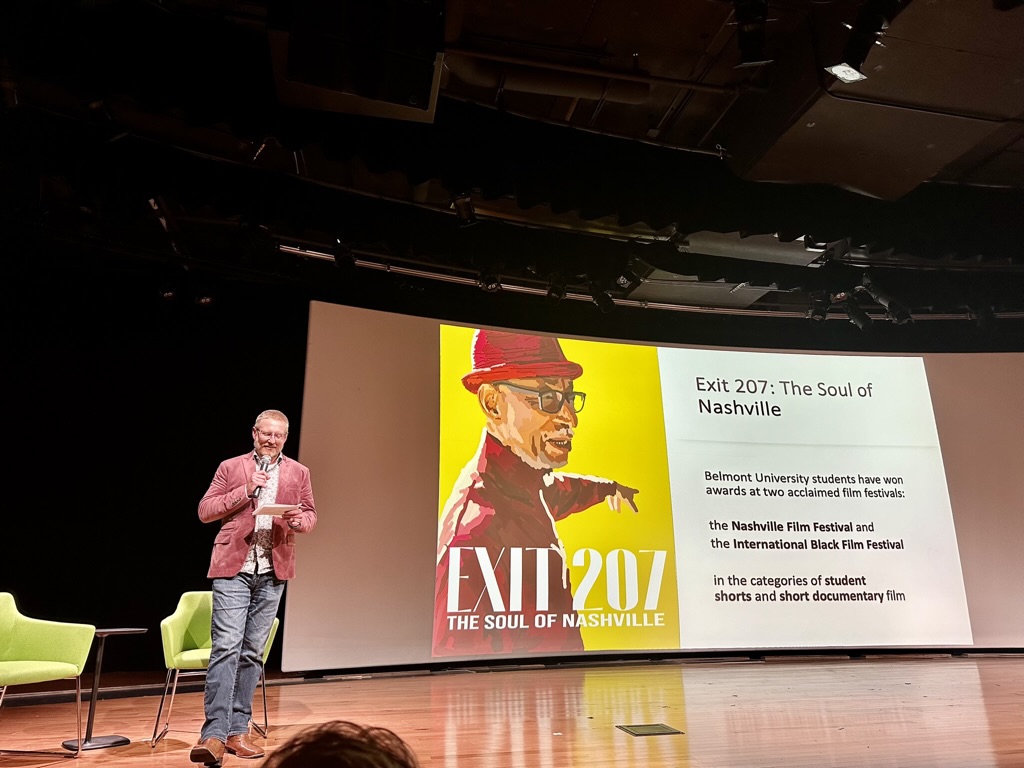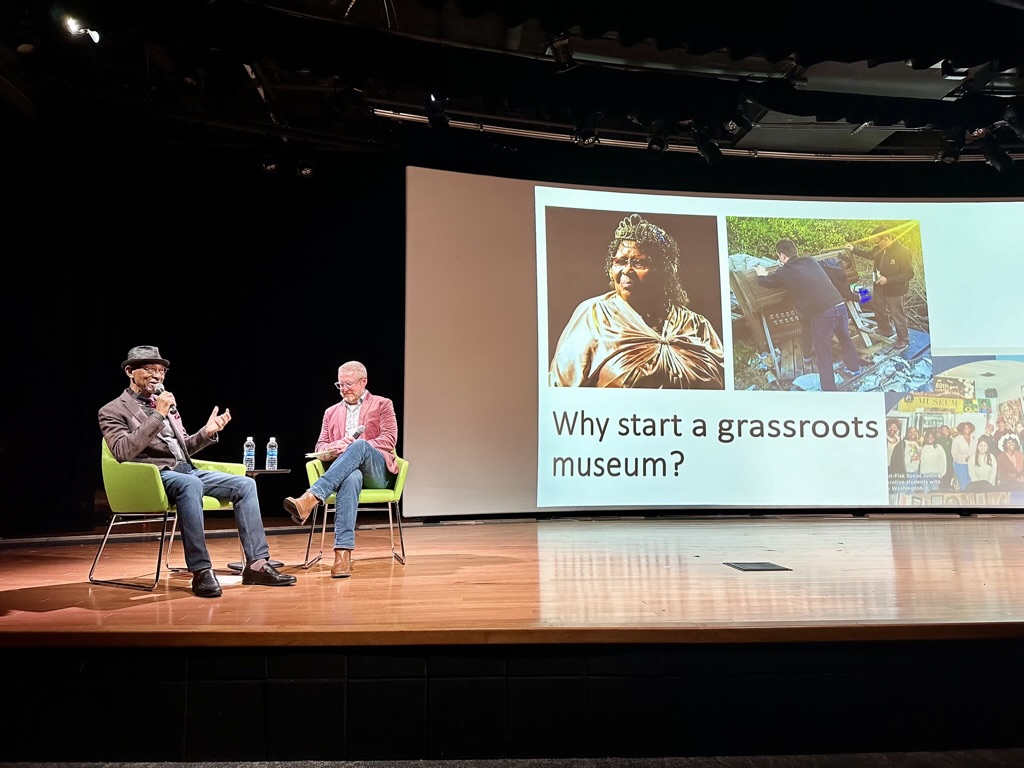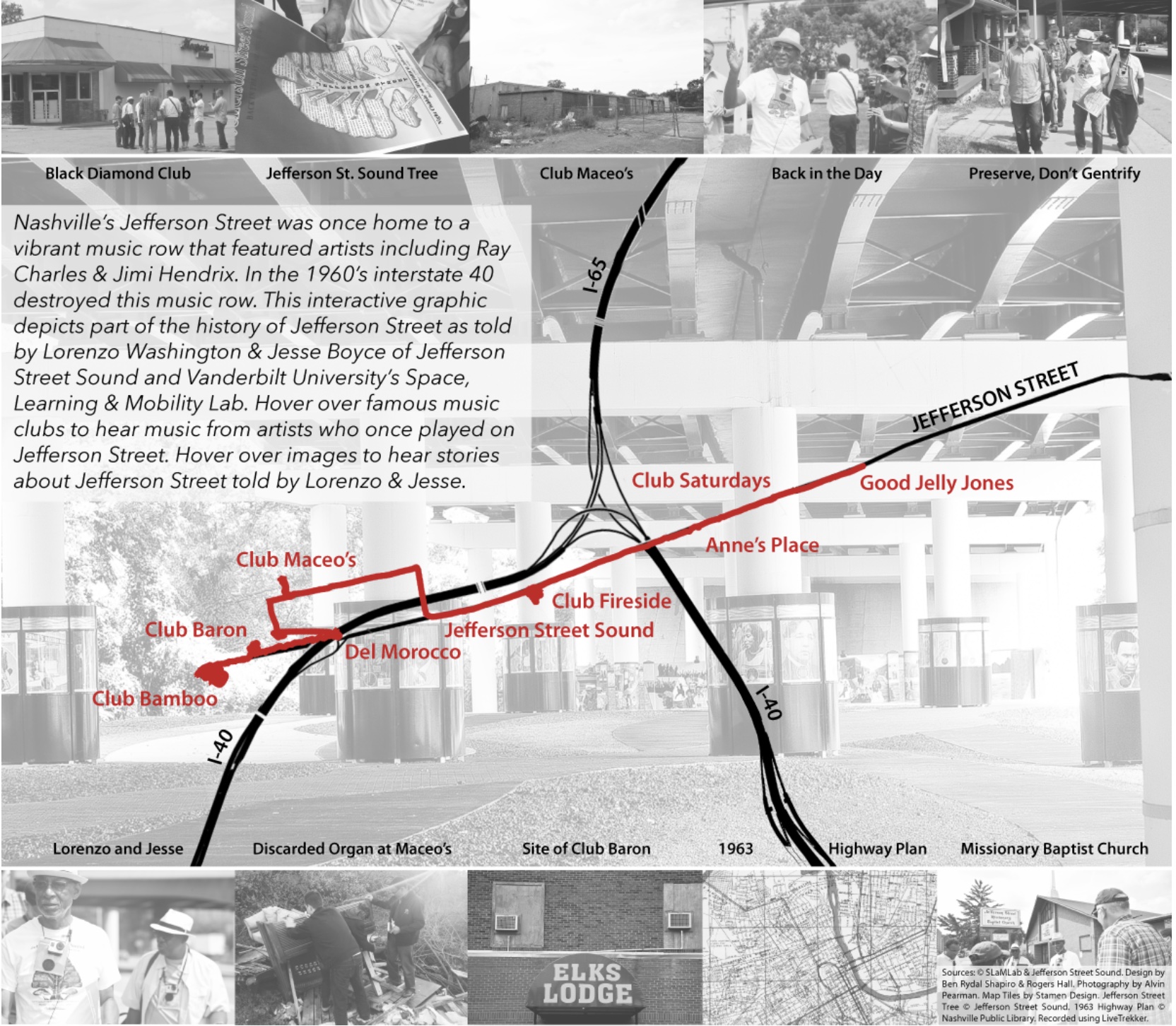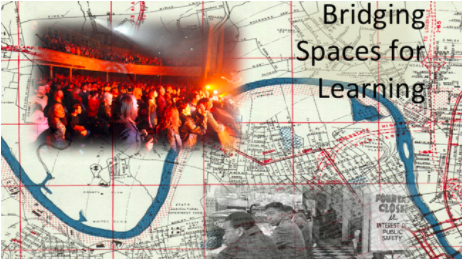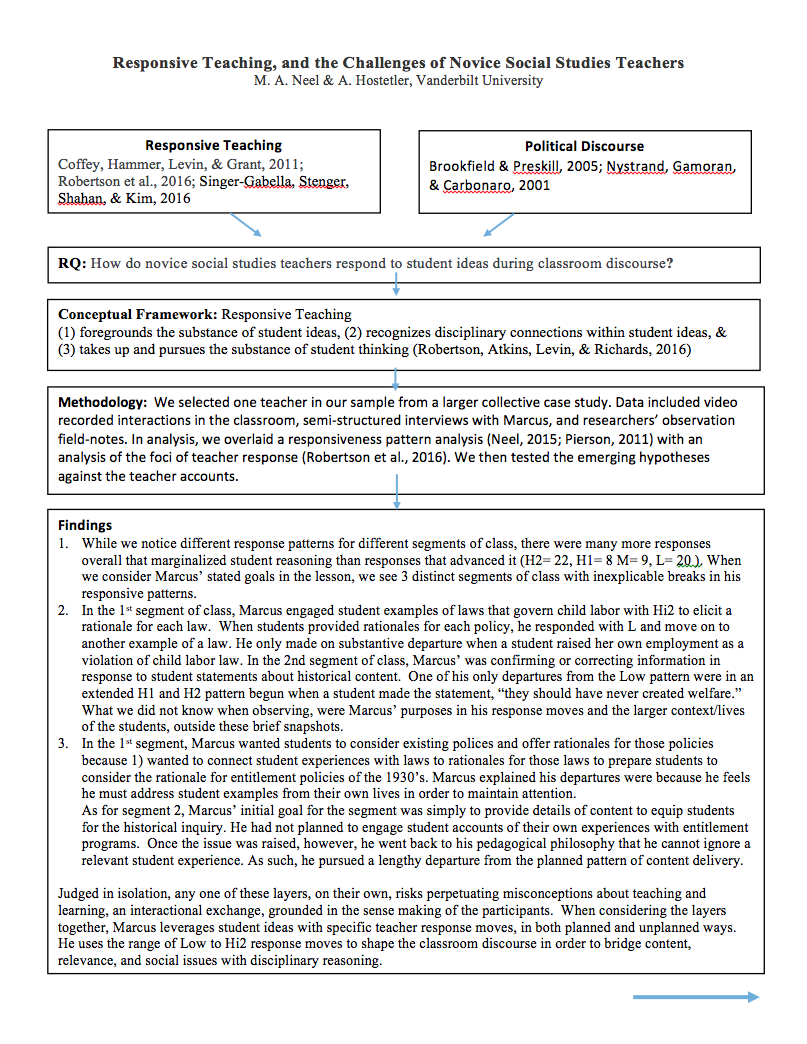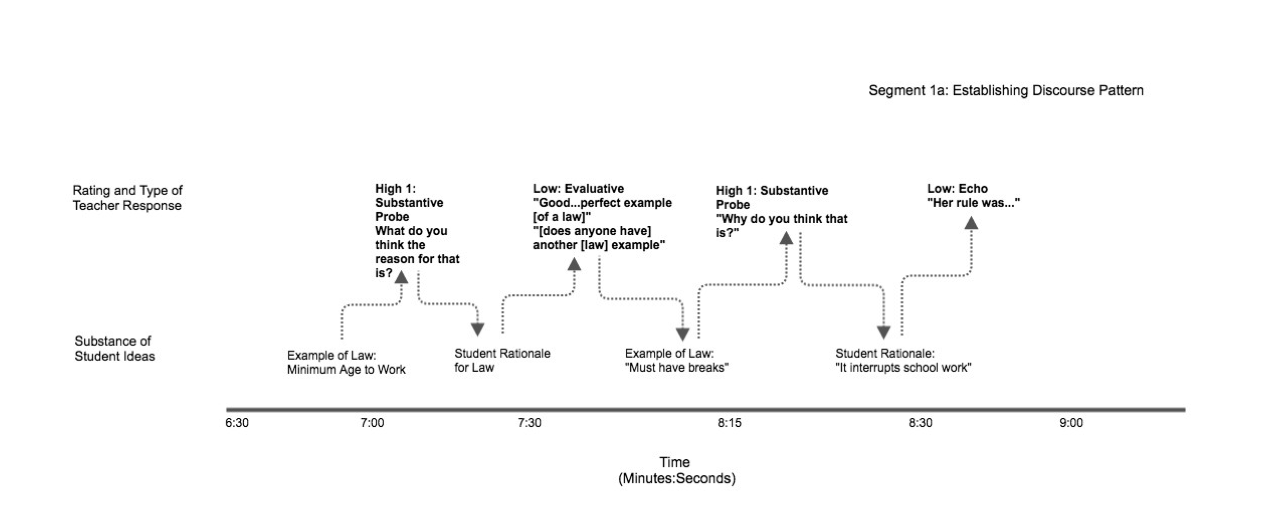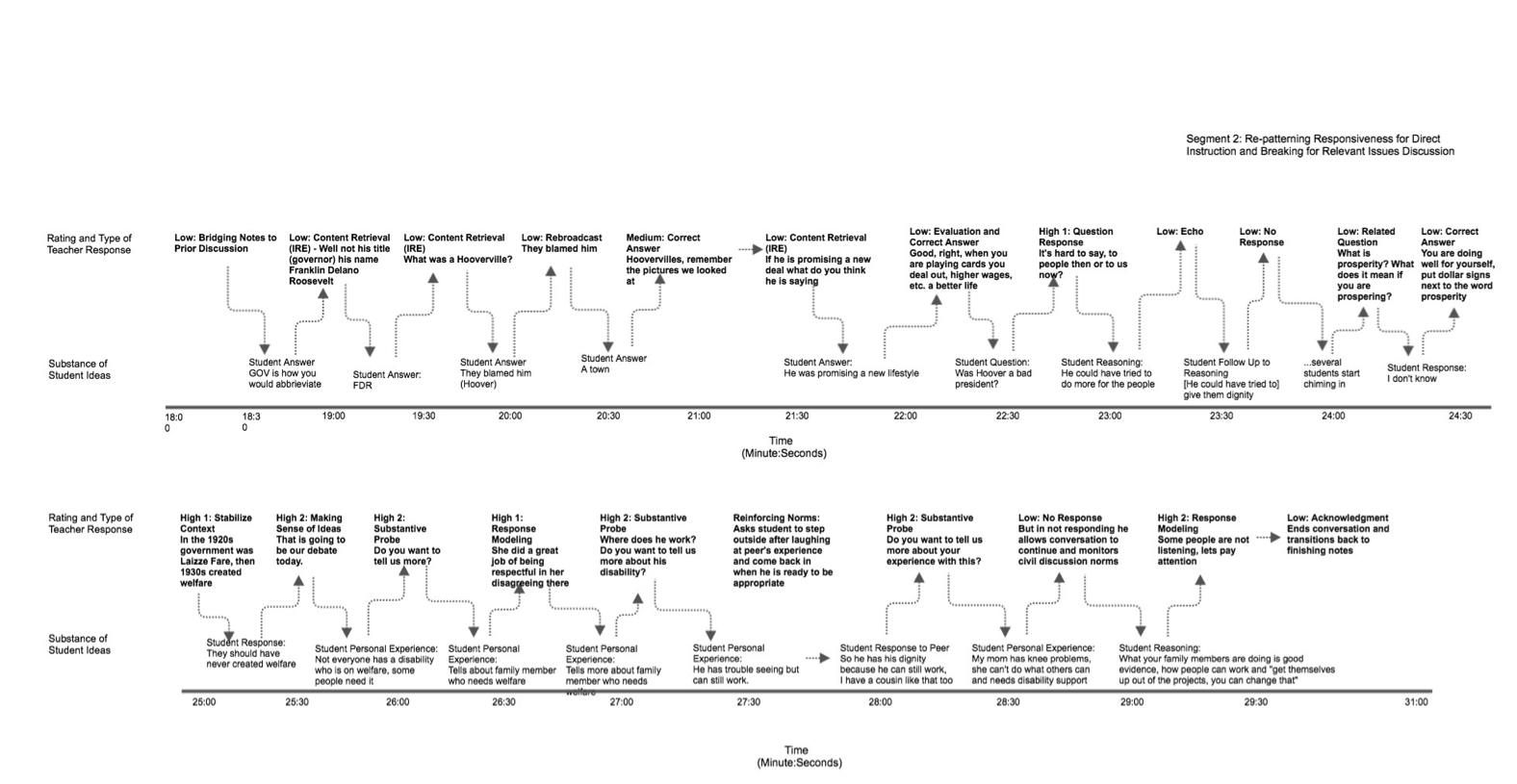Research on Social Studies in the Community
Mr. Lorenzo Washington shared his story of change and advocacy work in his community, a rich example of how grassroots public history can make a difference.
NCSS 2023 CUFA Keynote in Nashville, Tennessee.
The Space, Learning & Mobility Lab (SLaMLab) engages faculty and graduate students in design studies of how physical and virtual spaces can better support learning. Members collaborate on research projects, design experimental teaching, and write about relations between space, mobility, and learning. New partners in these activities are quite welcome.
An example of our work: “Back in the Day” on Nashville’s Historic Jefferson Street with Lorenzo Washington and Jesse Boyce of Jefferson Street Sound. Full interactive visualization to be released shortly. LiveTrekker tour available here
Image created by SLaM alum Ben Shapiro
Recent Media on our collaboration with Mr. Lorenzo Washington
Read the full story here
Visit SLaM
Co-Primary Investigator for a National Science Foundation (NSF) Cyberlearning Grant Funded Project #1623690
Image created by SLaM alum Ben Shapiro
I work with colleagues Rogers Hall, Ben Shapiro, Lauren Vogelstein, and Helen Collins as well as Dave Owens, Faculty member in the Owens College of Business and Doug Fisher, Faculty member in Computer Science, to study learning related to creating map based stories of cultural heritage we are calling digital spatial story lines (DSSLs) using archival materials about neighborhood histories in Nashville.
Reshape
Exploring Computer Supported Learning Environments with Ben Shapiro (@ben_rydal)
Video by Ben Shapiro (https://www.benrydal.com/)
Click here to learn more about this work and other Learning On the Move projects
Research in Social Studies Classrooms
I’ve been working with colleague Dr. Michael Neel to explore the ways novice social studies teachers perceive and navigate political or potentially difficult discourses in their classroom. As relevant ideas about social issues, sometimes controversial issues, arise in the classroom most research suggests that 1) novices or pre-service teachers are not or have a limited capacity for responsive teaching, and 2) social studies teachers generally avoid potentially difficult or controversial issues. Below are abstracts related to this project.
Difficult Discourses: How the Distances and Contours of Identities Shape Challenging Moments in Political Discussions
Hostetler, A. L., & Neel, M. A.
Vanderbilt University
Abstract
The purpose of this study was to investigate the ways novice social studies teachers perceived difficult discourses in their classrooms. Specifically, we sought to understand what social studies teachers think is difficult about navigating political discourses, and how they describe the nature of those discourses in order to draw conclusions about why some teachers choose to avoid or engage in political or social issues discussions with students. We used a collective case study and a grounded theory analysis of video recorded class sessions and video guided debriefings with teachers to explore this phenomena. We found that the degree to which teachers thought the discourse to be difficult to navigate was shaped by: emotional safety of students, teacher’s own ideologies, and the distances of students’ identities from the discourse.
Keywords: political discussion, social studies, difficult discourse, identity
Hostetler, A. L., & Neel, M. (2018). Difficult discourses: How the distances and contours of identities shape challenging moments in political discussions. Journal of Social Studies Research, 42(2018), 361-373. DOI: 10.1016/j.jssr.2017.11.002 Type: National Refereed Journal Article
Responsive teaching, and the challenges of novice social studies teachers
